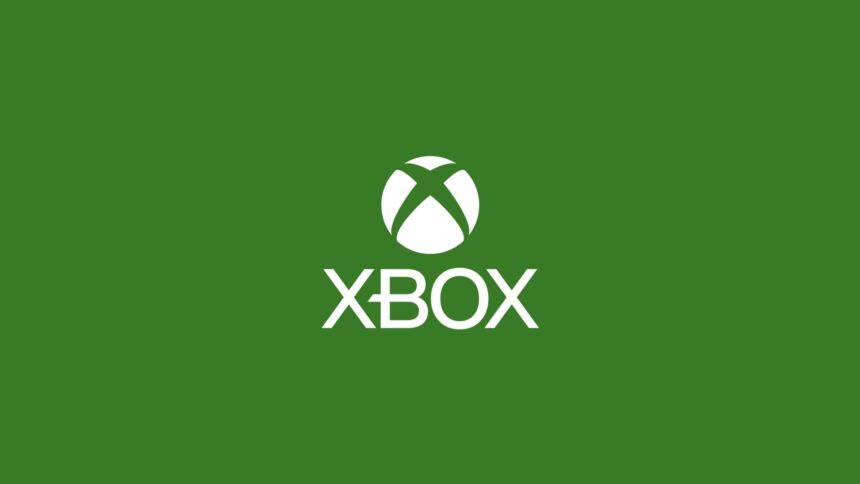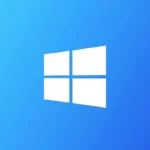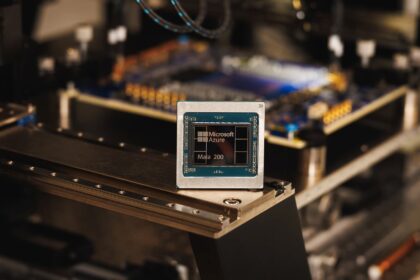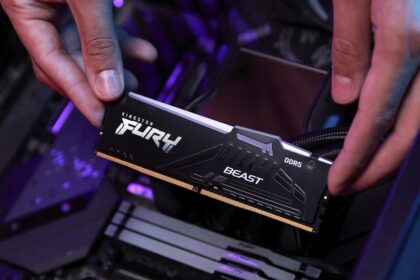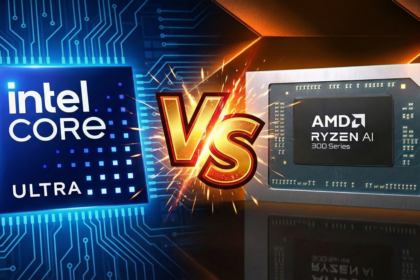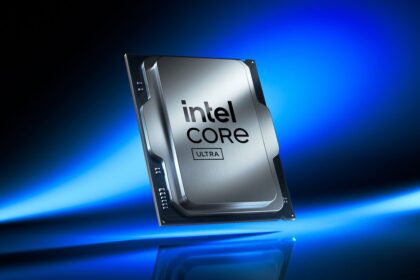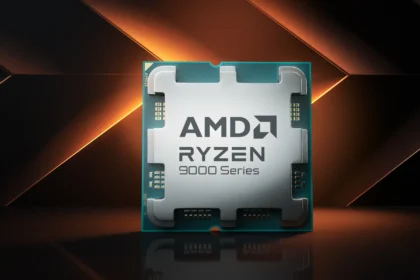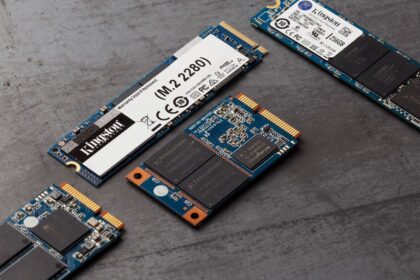It’s no secret that the latest generation of Xbox hasn’t quite lived up to expectations. When it comes to hardware sales, Microsoft’s targets haven’t been met, and in the ongoing rivalry with PlayStation, Xbox has been trailing behind.
That said, Microsoft isn’t standing still. Instead of focusing solely on console sales, the company has been broadening the scope of what Xbox represents—pushing beyond just hardware. This shift in direction has led to some uncertainty among fans about what the future holds for the platform.
Still, there’s reason to be optimistic. According to a report from Windows Central, Microsoft has reaffirmed its commitment to the Xbox brand. Not only is the company continuing development, but it’s also announced a new partnership aimed at strengthening the next wave of Xbox hardware. This move signals that, despite recent setbacks, Microsoft isn’t stepping away from the console space—it’s gearing up for what comes next.
This has not been the best Xbox generation
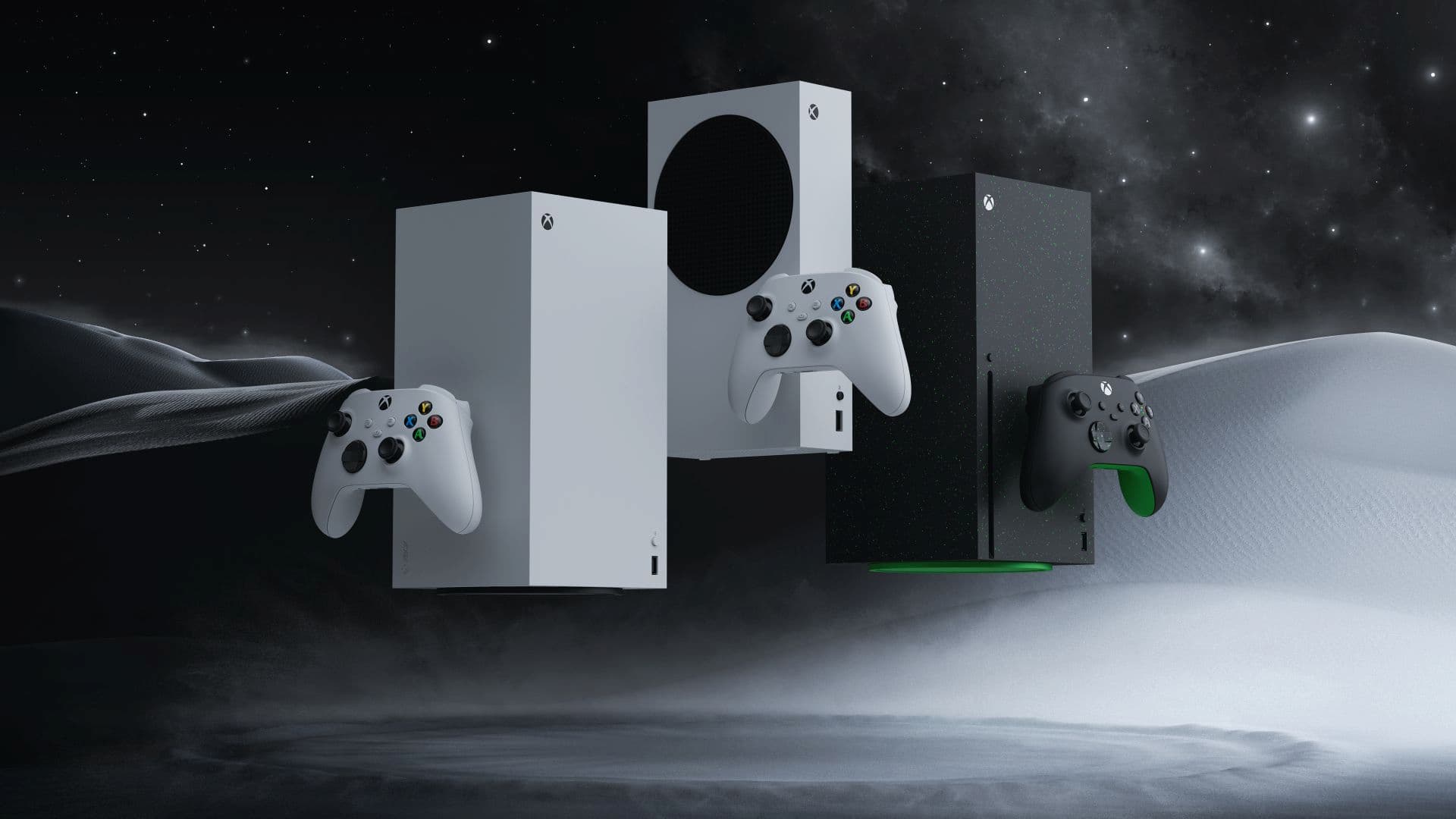
As mentioned earlier, this generation of Xbox hasn’t quite hit the mark in terms of sales, falling short of what Microsoft had hoped for. But the story doesn’t end there. Rather than sticking to the traditional idea of a console, Microsoft has made it clear that it wants to expand the Xbox ecosystem, giving players the flexibility to enjoy games across a wide range of devices.
One major step in that direction was revealed during the Xbox Showcase in June 2025. Microsoft officially introduced two handheld devices: the Xbox Ally and Xbox Ally X—long-rumored, now confirmed. These portable consoles are built on AMD’s Z2 platform and aim to deliver top-tier gaming performance in a compact format. While the announcement generated a lot of excitement, it also stirred some concern.
Some fans began to worry that this shift toward portable and cross-device gaming might signal the end of traditional Xbox consoles. The fear? Microsoft might leave the console space behind, effectively handing that territory over to Sony and the PlayStation.
Thankfully, that doesn’t appear to be the case. Microsoft has confirmed its commitment to future Xbox hardware and announced a strategic partnership with AMD. This collaboration will fuel the development of the next generation of Xbox consoles, reassuring fans that the brand isn’t going anywhere.
Microsoft and AMD alliance promises to boost the future of gaming
Xbox president Sarah Bond recently shared a video update that shed light on a major step forward for the brand’s future. In the announcement, she emphasized a new long-term partnership with AMD—one that will shape not just the next generation of Xbox consoles but also other gaming innovations, including cloud-based experiences.
Bond explained that Xbox’s vision is to give players the freedom to play the games they love, with the people they choose, on the devices that suit them best. This flexible, player-first philosophy is driving the development of next-gen hardware across multiple formats.
The newly announced collaboration with AMD is a cornerstone of that plan. Though AMD has already worked closely with Microsoft—providing chips for both Xbox Series consoles and even the PlayStation 5—this new deal takes the relationship further. According to Bond, it’s a strategic alliance aimed at co-developing processors and components that will power the future of Xbox hardware.
Interestingly, she also dropped hints that a handheld Xbox might be in the works—something fans have speculated about for years. If that becomes a reality, it could mark a significant shift in how and where Xbox games are played.
One key area of innovation in this new partnership is graphics. Microsoft and AMD are aiming to push visual fidelity to new heights, while also tapping into the potential of AI to enhance the gaming experience. Despite all these advancements, the next-gen Xbox will remain backward compatible, keeping players’ existing libraries relevant.
Bond also stressed Xbox’s ongoing mission: to build a secure, accessible, and dependable platform for everyone, regardless of their device or location. In short, the goal is to give players more choice, not tie them to a single machine.
All of these points point to a bright future for Xbox. Setting aside the usual talk of exclusives or the “console war,” a healthy, competitive market benefits gamers the most. And Microsoft’s continued investment in Xbox shows they’re not backing down—in fact, they’re doubling down on innovation, performance, and user freedom, while honoring their commitment to backward compatibility that has defined Xbox in recent years.

